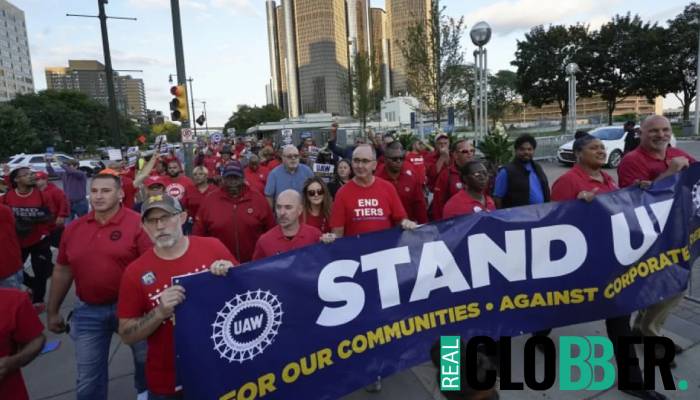On Monday, the auto workers’ strike against Detroit’s Big Three entered its fourth day, with no prospects of an early breakthrough and the possibility that the walkout may quickly spread.
Yellen stated that labor activism this year has been driven by a healthy labor market and high demand for workers, citing strikes by Hollywood writers and actresses, workers at around 150 Starbucks shops, and walkouts that were narrowly avoided at United Parcel Service and West Coast ports.
President Joe Biden is sending two top administration officials to Detroit this week to speak with both sides, a sign of the possible economic and political consequences of a long strike. In brief public remarks, Biden concurred with the UAW, claiming that manufacturers had not fairly shared their record profits with workers.
Rather than going on strike with all 146,000 of its members, the union chose to target three plants — one at each business — a strategy that could help the union’s $825 million strike fund endure longer.
The threat of intensifying the strike is a major component of the approach if the union is dissatisfied with the pace of bargaining. Fain said on Friday that other factories may be targeted: “It could be in a day, it could be in a week.”












